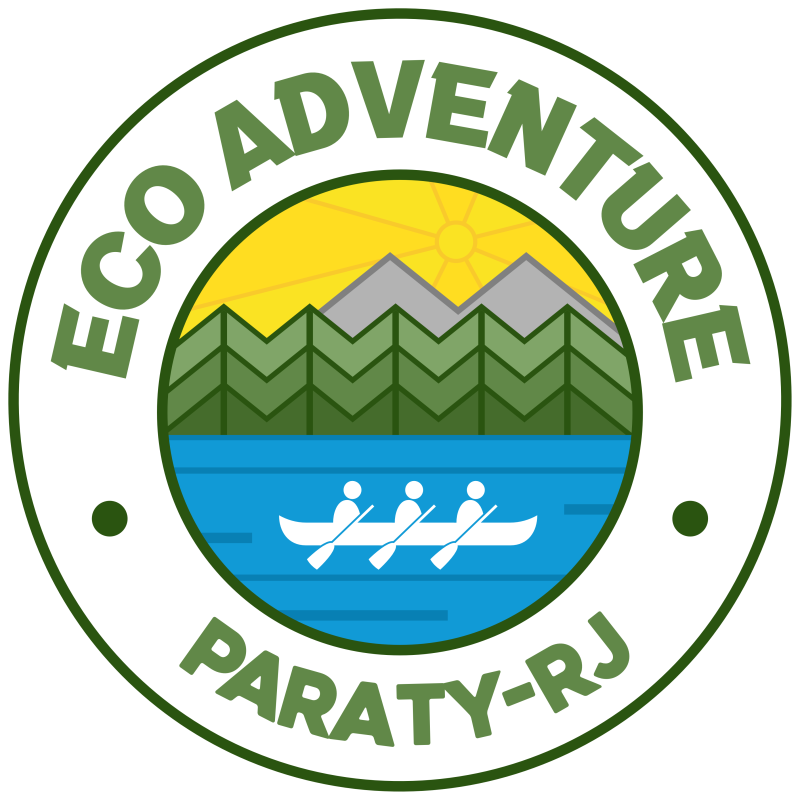The Importance of True Ecotourism in the Development of the Traditional Caiçaras Communities of Paraty: A Sustainable Itinerary
**Introduction**
Paraty, located on the Costa Verde of Brazil, is a region rich in biodiversity and caiçara culture. These traditional communities, with their characteristic way of life and ancient knowledge, face challenges for their economic sustainability and cultural preservation. In this context, ecotourism appears as an opportunity to promote local development in a sustainable way, valuing the region's natural and cultural resources. This article discusses the importance of true ecotourism in strengthening Caiçara communities, highlighting an itinerary that promotes authentic interaction
with local culture.**Ecotourism and Sustainable Development**
Ecotourism is a form of tourism that seeks to minimize environmental and cultural impact, promoting the conservation of ecosystems and respect for local traditions. In Paraty, where tourism plays a significant role in the economy, it is essential to adopt sustainable practices to preserve the region's natural beauty and cultural identity. True ecotourism not only provides enriching experiences for visitors, but also benefits local communities, creating jobs, promoting cultural appreciation and encouraging
environmental conservation.**Paraty Ecotourism Itinerary**
The Cajaiba Experience itinerary combines activities that highlight caiçara culture and promote environmental sustainability.
On the first day, the trail between forests, communities and beaches allows visitors to explore the biodiversity of the Atlantic Forest, guided by local residents who share their knowledge about the flora and fauna of the region. During the journey, stops are made at strategic points to appreciate the natural beauty of the beaches and enjoy sea baths and waterfalls. Talking with local actors provides an immersion in Caiçara culture, where tourists have the opportunity to listen to stories and traditions. Ccedil; are transmitted from generation to generation, in addition to learning more about everyday activities, such as artisanal fishing, the preparation of typical dishes, and
dealing with agroforestry.On the second day of the itinerary, there is a caiçara craft workshop, where tourists have the opportunity to learn about traditional production techniques, paint and bring their own handicrafts and purchase other locally made products, contributing to the income generation of Caiçara families. Then, Hawaiian canoe paddling and freediving provide a unique experience of contact with the sea and its rich biodiversity below the water line, while tourists learn about the importance of
conserving coastal ecosystems.**Positive Impacts of True Ecotourism**
The described ecotourism itinerary not only offers visitors an authentic and enriching experience, but also brings significant benefits to Cajaiba's caiçara communities. First, the appreciation of caiçara crafts, local food and lodging generate direct income and contribute to the economic development of traditional families, reducing dependence on activities that degrade the environment, such as predatory
fishing and mass tourism.In addition, tourists' interaction with local residents strengthens community ties and promotes the preservation of Caiçara's cultural identity. By sharing their knowledge about the nature and history of the region, local residents also become environmental education agents, sensitizing visitors to the importance of conserving coastal ecosystems and the
Atlantic Forest.Finally, responsible ecotourism contributes to the conservation of Paraty's natural heritage, while providing socioeconomic benefits to local communities. By promoting sustainable tourism practices, it is possible to ensure that future generations can also enjoy the beauty and cultural richness of this unique region
.**Conclusion**
True ecotourism plays a fundamental role in the sustainable development of Paraty's traditional caiçara communities. ECO ADVENTURE PARATY, by offering authentic experiences that value local culture and promote environmental conservation, tourism can become a powerful tool for strengthening local economies and preserving the cultural identity of Caiçara communities. It is essential that ecotourism itineraries are developed in a participatory manner, respecting the knowledge and traditions of local communities, to ensure that tourism benefits both visitors and residents of the
region.Casa de farinha familiar
